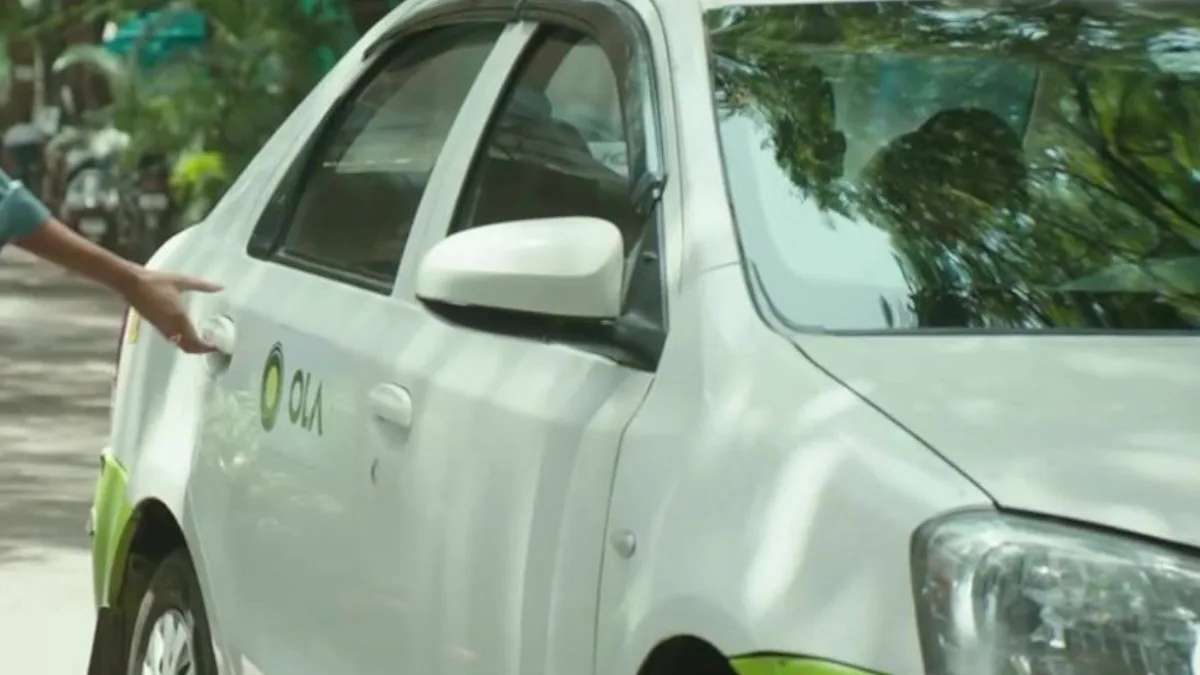
In the wake of a global push towards sustainable transportation, the Union Ministry of Road Transport and Highways (MoRTH) has taken a proactive stance to fortify e-vehicles against the looming specter of cyber threats. This groundbreaking initiative comes at a pivotal moment when the world is fervently advocating for green mobility solutions to combat the escalating menace of vehicle pollution.
A Paradigm Shift in Security: Introducing Cyber Security and Management Systems (CSMS)
Under the visionary plan unveiled by MoRTH, e-vehicles and their functionalities are set to be shielded from potential cyber threats targeting their intricate electrical and electronic components. At the forefront of this defense strategy is the introduction of a comprehensive draft proposing uniform Cyber Security and Management Systems (CSMS).
Key Provisions for Four-Wheelers
The proposed draft encompasses a strategic framework with key provisions tailored for specific categories of four-wheelers, spanning both passenger and commercial vehicles. CSMS, as envisioned by the MoRTH, adopts a systematic, risk-based approach. It delineates organizational processes, assigns responsibilities, and establishes governance structures designed to effectively address the evolving risks linked to cyber threats. This, in turn, ensures the robust protection of vehicles from potential cyberattacks.
Approval Mechanism for Cyber Security
The draft, aptly titled ‘Approval of Vehicles with Regards to Cyber Security and Cyber Security Management System,’ outlines a meticulous approval mechanism. It mandates that applications for approval of a vehicle type concerning cyber security must be submitted by the vehicle manufacturer or their duly accredited representative. This mechanism is poised to streamline the authorization process, reinforcing the commitment to fortifying e-vehicles against cyber threats.
A Confluence of Industry Expertise: The 66th AISC Meeting
The genesis of this revolutionary proposal can be traced back to the 66th meeting of the Automotive Industry Standards Committee (AISC) held on July 14, 2023. During this crucial gathering, industry stakeholders engaged in extensive discussions that culminated in a consensus to develop an Automotive Industry Standard (AIS). This standard aims to approve vehicles equipped with state-of-the-art Cyber Security and Management Systems.
Establishing Consistency: Standardizing CSMS for Motor Vehicles
The crux of the proposed standard lies in its mission to establish consistent provisions for CSMS integration into motor vehicles falling under categories M and N. These categories encompass both passenger and commercial vehicles, ensuring a comprehensive approach to fortifying the digital defenses of our roadways.
Navigating Regulatory Landscape
It’s imperative to note that the proposed standards, as outlined in the draft, do not seek to supersede existing regional or national regulations. Instead, they complement these regulations, especially those pertaining to authorized parties’ access to the vehicle, its data, functions, and resources. This strategic alignment ensures a harmonious coexistence between the proposed standards and the prevailing legal frameworks.
Privacy and Data Protection: A Paramount Consideration
Addressing concerns over privacy and data protection, the draft explicitly emphasizes that the new standards will not interfere with existing national and regional legislation on these critical fronts. This dual commitment to cybersecurity and privacy underscores the holistic approach adopted by MoRTH, ensuring that the digital evolution of e-vehicles is accompanied by stringent safeguards.
Manufacturer Accountability: Securing Dedicated Environments
One of the pivotal aspects highlighted in the draft report is the accountability bestowed upon vehicle manufacturers. According to the proposed standards, manufacturers are tasked with implementing appropriate and proportionate measures to secure dedicated environments on the vehicle type. This specifically applies to the storage and execution of aftermarket software, services, applications, or data. This proactive approach by manufacturers further fortifies the robustness of e-vehicles against potential cyber intrusions.
Towards a Safer Tomorrow: Public Consultation and Final Notifications
As the draft proposal nears completion, a crucial step in its validation process is public consultation. This democratic approach allows for diverse stakeholders, from industry experts to the general public, to provide insights and feedback. This inclusive strategy ensures that the final notification aligns with the collective wisdom of those invested in the future of e-mobility.
Cybersecurity in Action: Defining Road Vehicle Security
The draft report meticulously defines cybersecurity in the context of e-vehicles. It refers to the condition in which road vehicles and their functions are shielded from cyber threats targeting electrical or electronic components. This comprehensive definition sets the stage for a robust cybersecurity framework that goes beyond superficial protection, delving into the intricate layers of digital defense.
Discover more from Wheels Craze - Automotive News, EV News, Car News, Bike News
Subscribe to get the latest posts sent to your email.




